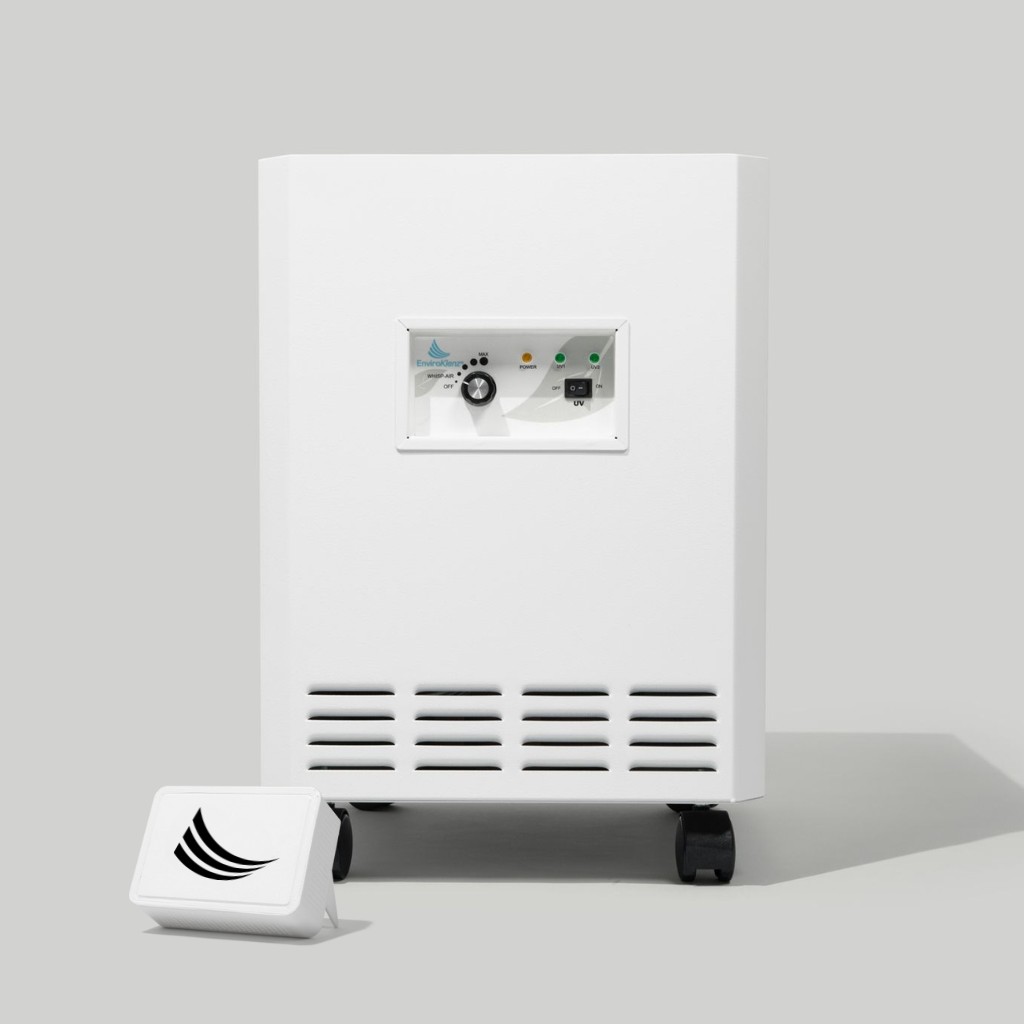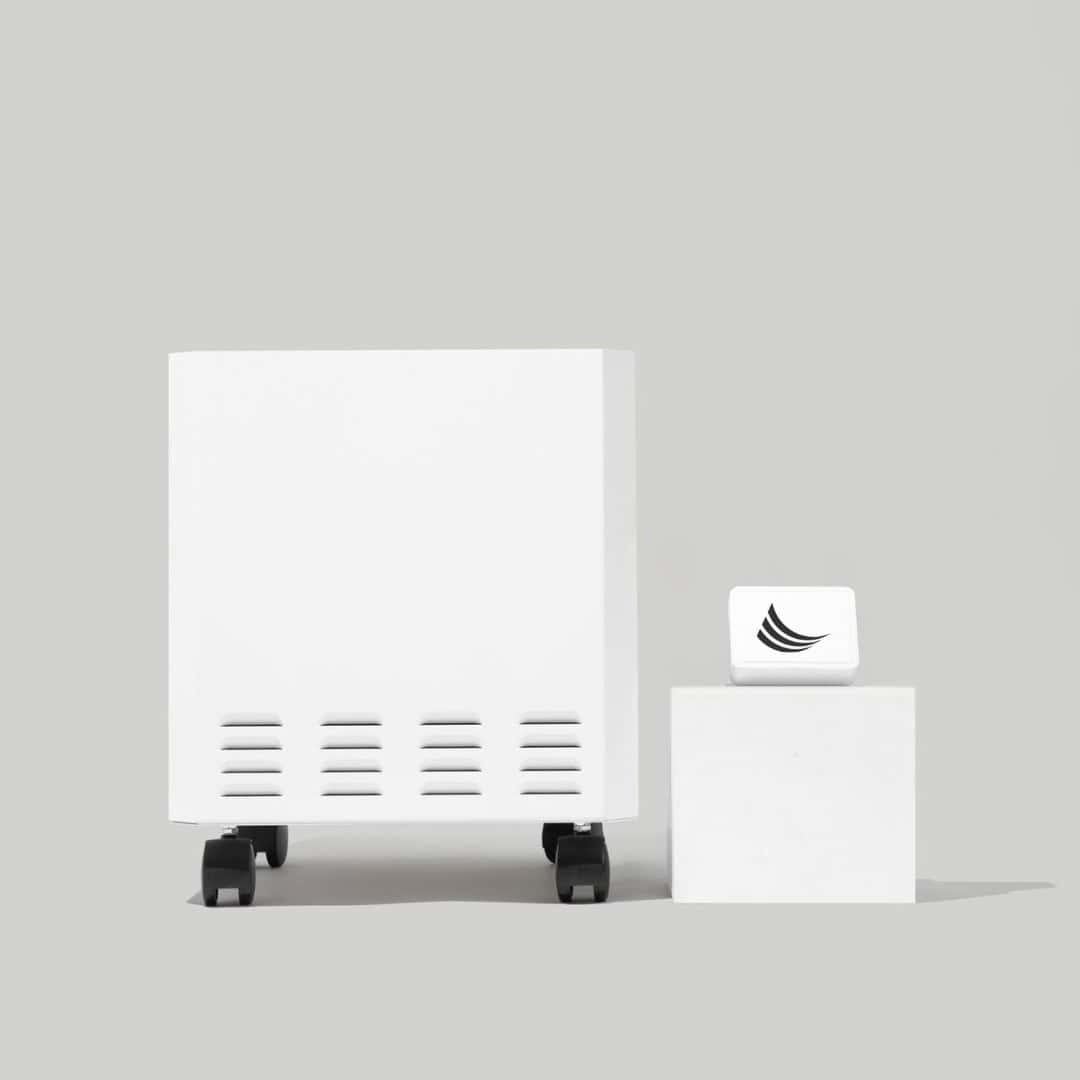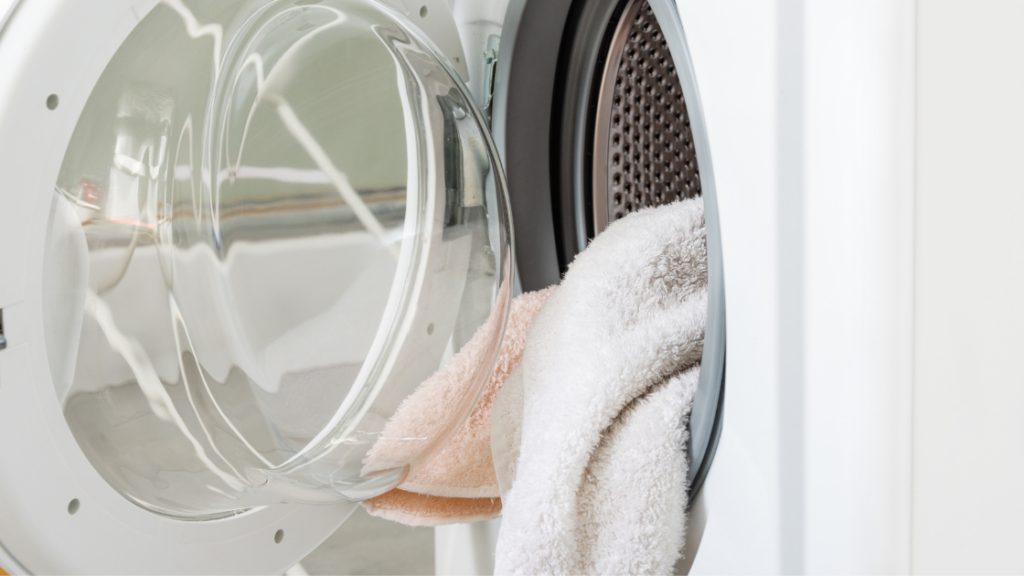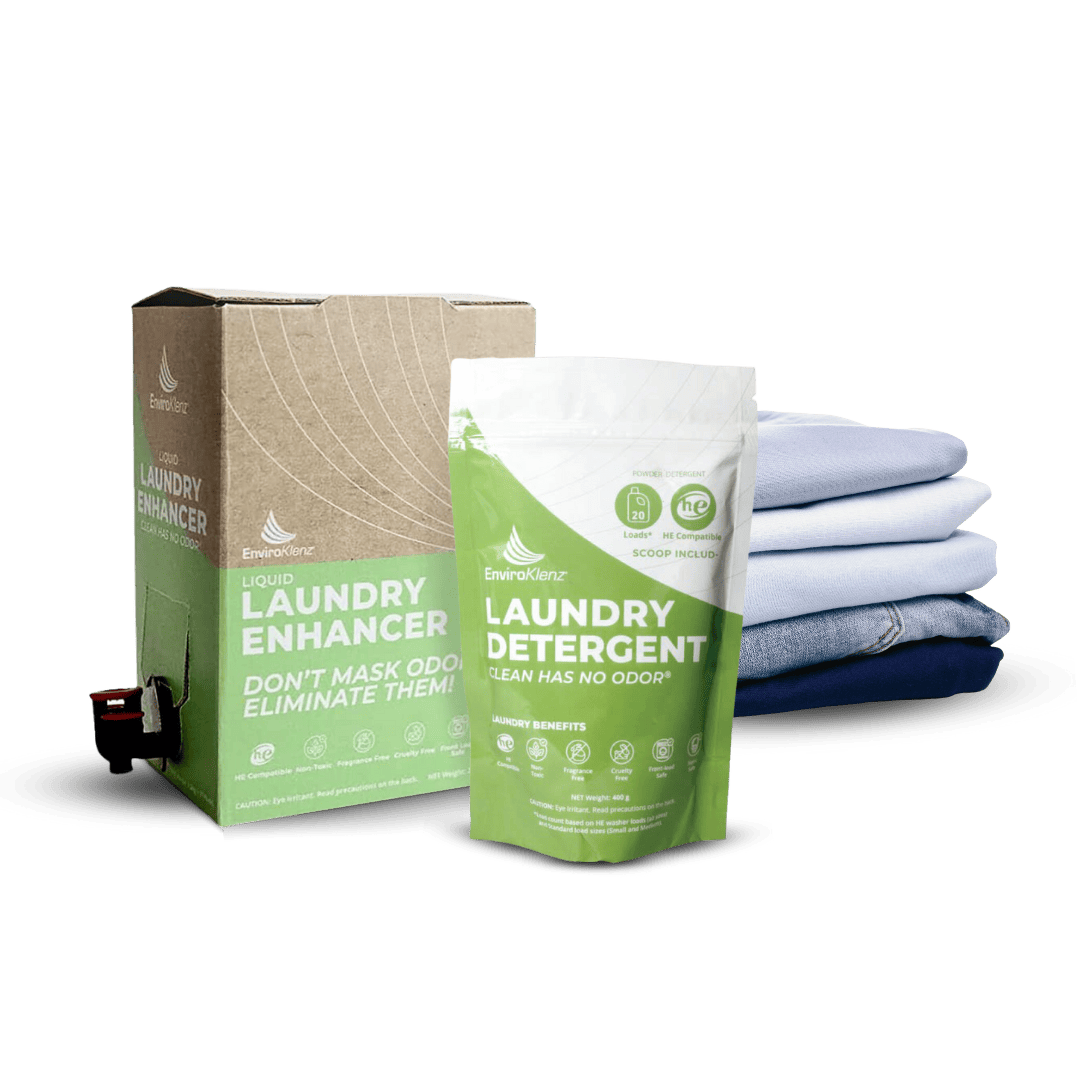Wondering how to remove mildew smell from towels?
Moldy towels are usually a result of the following factors -either the towel has not been allowed to dry properly, detergent or fabric softener has build-up in your towel, or the towels have been left in the dryer for too long, and the humidity coming through the dryer vents has caused the towels to develop a musty smell.
Furthermore, it is possible to have smelly towels if you are using front-load washers because they are famous for developing mold and mildew. A washer that grows mold will most likely result in smelly towels.
Knowing the reason behind the stinky smell will help you avoid such a situation in the future.
For most people, a smelly towel is normally caused by the abovementioned issues.
Here are 3 ways to remove mildew smell from towels:
1. Wash with Hot Water and Vinegar
You can remove the musty odor from the towels by washing them in a water cycle of high temperature and one cup of white vinegar. White vinegar is a natural deodorant and cleaner; therefore, it is suitable for removing mildew odor from towels. To get the best results, you should not add any fabric softener, detergent, or bleach. Run the towels through another wash cycle to eliminate the vinegar smell.
White vinegar is an acid that kills bacteria, mildew, and mold. It can also strip off any build-up on towels from detergents and other laundry products. You need to set your washer’s temperature higher for this process to be successful.
2. Wash with Baking Soda and Hot Water
If the towels still have a mildew smell after cleaning them with white vinegar and hot water, you should try using baking soda, a natural cleaner, fabric bleach, and deodorant. Baking soda can work wonders in dealing with the bad smell like mildew.
Wash your towels using a hot water cycle and a cup of baking soda only, do not use laundry detergent or fabric softeners. Rinse your towels twice to remove any traces of baking soda remnants.
Baking soda also neutralizes any vinegar smell that might be left behind. It is also a natural fabric softener.
3. Dry Your Towels
If there is still a mildew smell after washing towels, do not dry them since you may have to wash them again to eliminate the sour smell.
Once satisfied that there is no mildew smell, you can dry your towels using a dryer, or if it is a sunny day, dry them using the sun to reduce the wear and tear caused by the dryer. Sun drying a damp towel is gentle on the fabric, and the towel is also disinfected naturally.
You need to set the dryer to the highest temperature to ensure the towels dry up completely. Make sure that you remove dry towels from the dryer immediately, especially if you reside in areas with high humidity.
Removing the dry towels from the dryer immediately will prevent the warm, humid air -coming in through the dryer vent- from moistening the already-dry towels
Knowing how to get the mildew smell out of towels is highly recommended, but it is better to prevent them from having a sour smell in the first place. Preventing mildew smell will make your work easier. It is important to know what causes the mildew odor.
The Cause of Mildew Smell on Towels
Learning how to get the musty odor from towels should go hand-in-hand with understanding how the musty odor starts in the first place. Having a clean bathroom can reduce the chances of mildew development on damp towels, but it is not enough to completely prevent it. Bacteria is the main cause of mildew and bad smell.
When bacteria combine with moisture from a wet towel, mold grows, resulting in the mold smell. The washing machine could also be a source of a musty odor in your laundry. Washing machines deal with dirt, grime, and grease daily, eventually making the washing machine dirty. If you add laundry detergent and fabric softeners to the existing mixture, the residue will take its toll on the washing machine.
A dirty washing machine can’t properly clean, and it will leave detergent build-up in the fabric that locks in the bad smell. A front-load washing machine can have mildew and mold developing around the seals, automatically transferring to every wash cycle.
If you have a dirty washing machine, your towels, and other clothes will not smell as fresh as they can be. You need to give your washing machine thorough cleaning once in a while.
Fabric softeners can also lead to musty towels. Fabric softeners have oils capable of building up on fabric fibers and locking in bad smells. Instead of fabric softeners, you can use half a cup of white vinegar in the rinsing cycle.
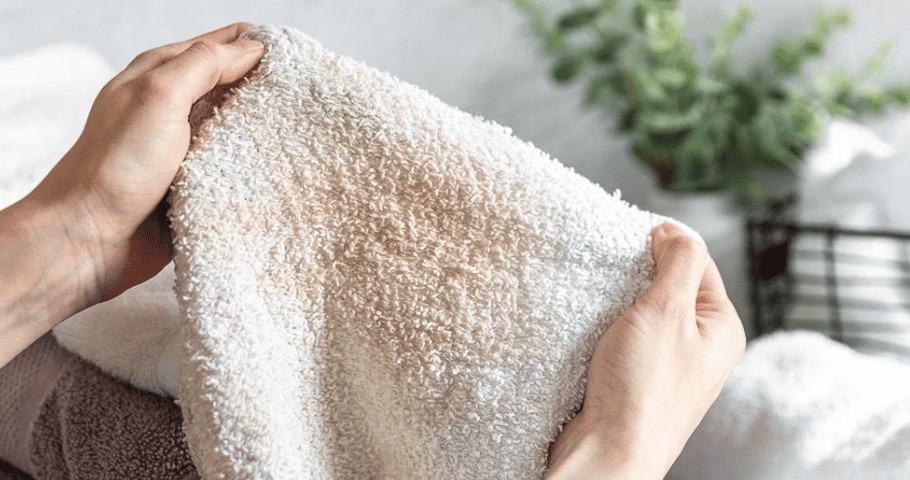
Quick Tips to Prevent Towels From Having a Musty Smell
Using a musty bath towel is not a pleasant experience. There are some preventive measures you can take to prevent such a situation. They include:
- Avoid damp towels from piling up. If you are not ready to wash them immediately, you should hang them where they can dry up to avoid mildew smell or bacteria.
- Vent the bathroom for at least 30 minutes after showering to eliminate moisture.
- Regularly clean your washing machine with products, such as the EnviroKlenz Washing Machine Deodorizer, to ensure towels and other clothes are washed effectively.
- Continuously washing towels with detergents and other laundry products, such as bleach, can leave odors that may be difficult to eliminate.
- Remove damp towels from the washer immediately to avoid mildew from growing.
- Completely dry towels before folding and storing them to avoid mold and mildew from forming.
Getting rid of mildew smell may seem easy, but it is better if you prevent mildew smell or mold smell from getting trapped on fabric fibers in the first place to reduce your workload.
EnviroKlenz® Medical Disclaimer:
“Any information that is provided on this website is not for the use by any commercial or personal entity without expressed written consent of the blog author. The material and statements illustrated within this blog are not intended to diagnose, treat, cure, or prevent any diseases or medical conditions. Nor does the author in any way guarantee or validate the validity, totality, or efficacy of any claims and will therefore not be held responsible for the content of any claims. Always consult your medical physician for any specific medical advice or recommendations.”




